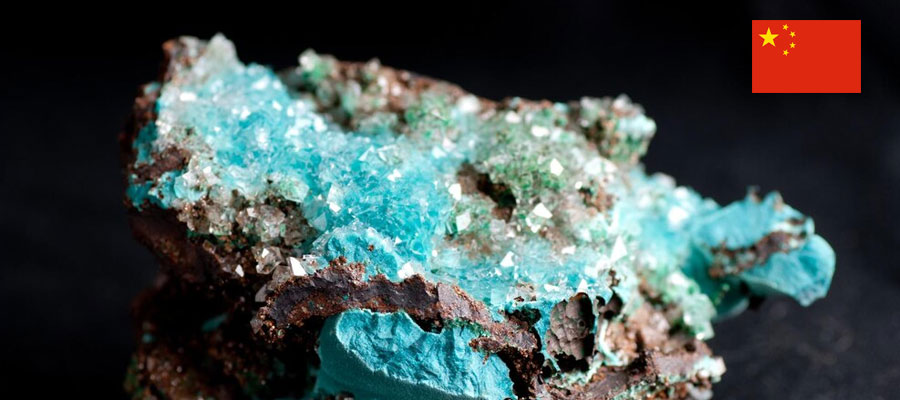
In a move with far-reaching consequences for global industries, China’s tightened export controls on critical minerals are beginning to significantly curb shipments to international markets. The ripple effects are being felt across sectors from electric vehicles to semiconductors, raising concerns about supply chain resilience and geopolitical dependence.
China, the world’s dominant supplier of many rare earth elements and other strategic minerals, has in recent months imposed stricter licensing requirements and enhanced scrutiny on exports of key materials such as gallium, germanium, and graphite. These minerals are essential for manufacturing high-tech products, green energy technologies, and military equipment.
According to customs data and trade analysts, exports of several of these materials have dropped sharply in early 2025. For example, gallium shipments declined by over 70% in Q1 compared to the same period last year. The reduced availability has driven up global prices and forced companies in the U.S., EU, Japan, and South Korea to scramble for alternative sources.
Strategic Leverage Amid Rising Tensions
Experts see the move as part of China’s broader strategy to strengthen its economic leverage amid escalating tensions with the West. The U.S. and its allies have imposed export restrictions on advanced chips and manufacturing equipment, prompting China to respond with its own measures targeting strategic resources.
“China is signaling that it’s willing to weaponize its control over critical minerals to assert influence in ongoing tech and trade disputes,” said Mei Zhang, a Beijing-based trade policy expert.
Global Race for Diversification Intensifies
In response, countries are accelerating efforts to diversify their mineral supply chains. The U.S. has announced new funding for domestic mining and refining projects, while the EU is expanding partnerships with resource-rich nations in Africa and South America.
However, replacing China’s dominance won’t be easy. The country accounts for over 60% of global rare earth production and holds a near-monopoly in refining capacity. Industry insiders warn that supply shortages and price volatility could persist for years.
Implications for Green Tech and Innovation
The export controls could also delay the rollout of green technologies. Battery manufacturers and clean energy firms are already facing delays in sourcing graphite and lithium compounds. “This could slow the global transition to electric vehicles and renewable energy,” warned Sarah Kim, an analyst at CleanTech Insights.
Conclusion
As global demand for critical minerals continues to grow, the international community is closely watching China’s next moves. Trade experts urge dialogue and cooperation to avoid further fragmentation of global supply chains.
For now, businesses are bracing for longer lead times, rising costs, and growing pressure to rethink where and how they source essential materials.



